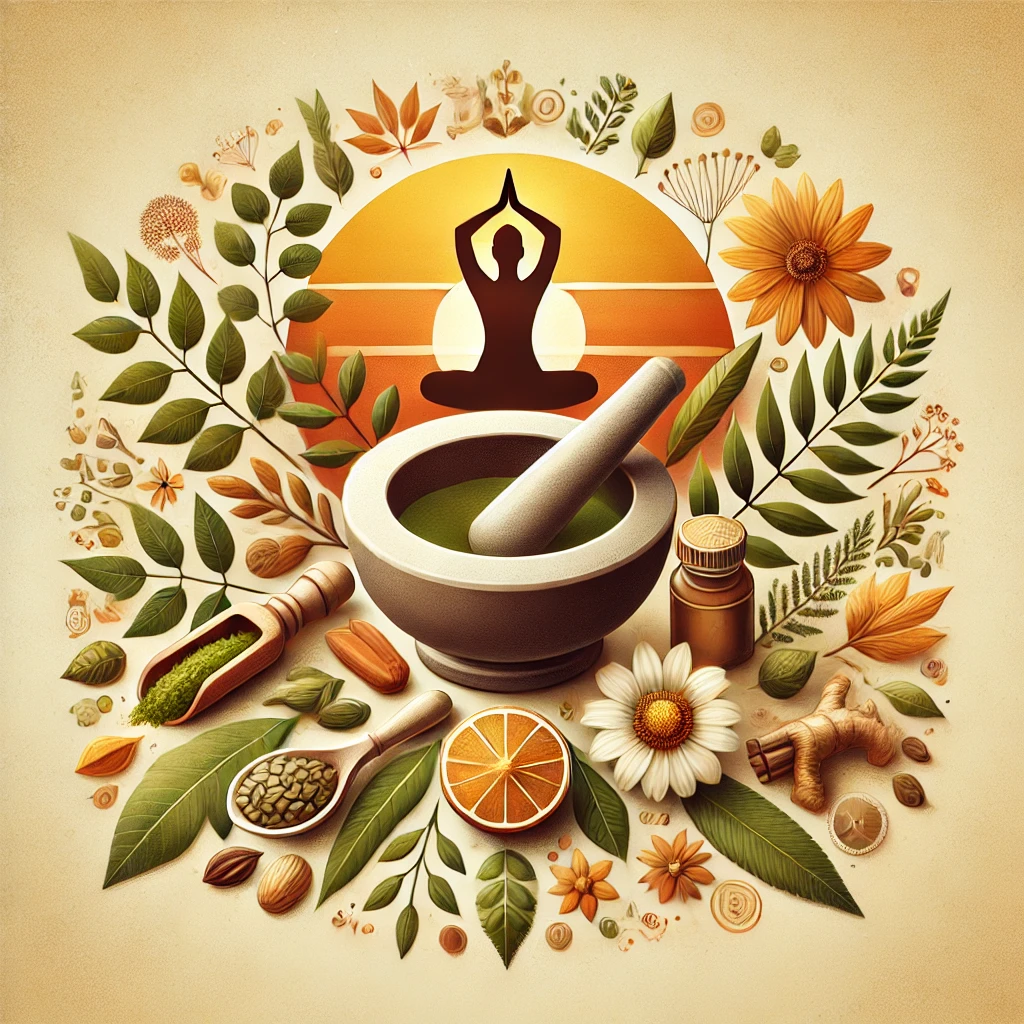Ayurveda, the ancient Indian system of medicine, has gained popularity worldwide in recent years due to its holistic approach to health and wellness. Originating in India over 5,000 years ago, Ayurveda focuses on balancing the body, mind, and spirit to promote overall well-being.
The History of Ayurveda
Ayurveda, which means “the science of life” in Sanskrit, has its roots in the Vedas, the ancient scriptures of India. The practice of Ayurveda was developed by sages and seers who sought to understand the connection between humans and the universe. Over the centuries, Ayurveda has evolved into a comprehensive system of medicine that addresses all aspects of health, including diet, lifestyle, herbal remedies, and spiritual practices.
The Principles of Ayurveda
According to Ayurveda, each person is made up of a unique combination of the three doshas – Vata, Pitta, and Kapha. These doshas govern all physiological and psychological functions in the body and mind. When the doshas are in balance, a person experiences good health, but when they are out of balance, disease and discomfort can occur.
Ayurveda also emphasizes the importance of living in harmony with nature and following a daily routine that aligns with the body’s natural rhythms. This includes eating seasonal foods, practicing yoga and meditation, and getting enough rest and exercise.
The Globalization of Ayurveda
In recent years, Ayurveda has gained popularity beyond India and has become a global phenomenon. People all over the world are turning to Ayurveda to address a wide range of health issues, from chronic pain and stress to digestive disorders and skin problems.
One of the reasons for Ayurveda’s global appeal is its focus on natural remedies and lifestyle changes rather than relying on pharmaceutical drugs. Many people are seeking alternatives to conventional medicine and are drawn to Ayurveda’s holistic approach to health and wellness.
Ayurveda in the West
In the West, Ayurveda has been embraced by holistic health practitioners, yoga enthusiasts, and wellness seekers. Ayurvedic clinics and spas have popped up in major cities across the United States and Europe, offering treatments such as massage, detoxification, and personalized wellness plans.
Many Westerners are also incorporating Ayurvedic practices into their daily lives, such as starting the day with warm lemon water, practicing oil pulling, and using herbs and spices in cooking to support digestion and immunity.
The Future of Ayurveda
As Ayurveda continues to gain popularity worldwide, there is a growing demand for qualified Ayurvedic practitioners and educators. Schools and training programs are popping up to meet this demand, offering courses in ayurvedic medicine, nutrition, and lifestyle counseling.
With the rise of Ayurveda in the global wellness market, there is also a need for regulation and standardization to ensure the quality and safety of Ayurvedic products and services. Organizations such as the National Ayurvedic Medical Association in the United States are working to establish guidelines and certifications for Ayurvedic practitioners.
Conclusion
Ayurveda’s journey from India to the world is a testament to the timeless wisdom and effectiveness of this ancient healing system. As more people seek natural and holistic approaches to health and wellness, Ayurveda is poised to continue its global rise and impact the lives of millions around the world.
Whether you are new to Ayurveda or a seasoned practitioner, incorporating its principles into your daily life can help you achieve balance, harmony, and vibrant health.
#India #World #Global #Rise #Ayurveda


